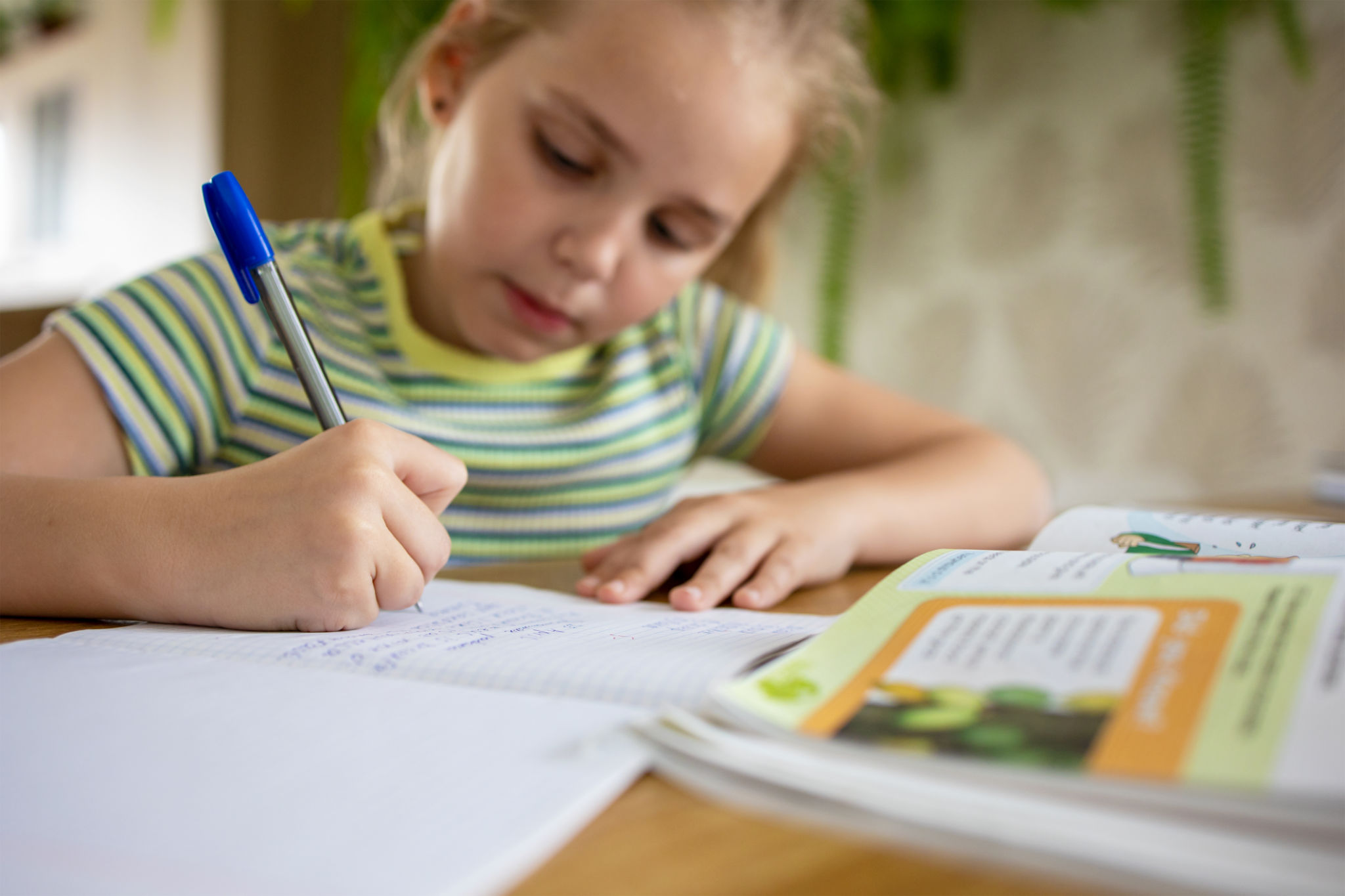Expert Insights: Emotional Learning Strategies for Home Education
Understanding Emotional Learning in Home Education
In the realm of home education, emotional learning plays a crucial role in shaping a child's overall development. Unlike traditional schooling, home education offers a flexible environment where emotional skills can be nurtured alongside academic pursuits. This tailored approach can significantly enhance a child's ability to manage emotions, empathize with others, and make responsible decisions.
Emotional learning is often overlooked in conventional curricula, but its inclusion in home education can lead to more well-rounded individuals. Parents and educators can incorporate strategies that foster emotional intelligence, ensuring that children not only excel academically but also develop the skills necessary for personal well-being and social success.

Creating a Supportive Learning Environment
A supportive environment is foundational for effective emotional learning. Creating a space where children feel safe and valued encourages open communication and emotional expression. Parents should strive to establish a routine that balances educational activities with opportunities for self-reflection and emotional exploration.
Engaging children in discussions about their feelings and experiences can help them articulate emotions and understand their impacts on behavior. Encouraging journaling or creative expression through art can also be beneficial in helping children process their emotions constructively.
Incorporating Emotional Learning into Daily Lessons
Integrating emotional learning into daily lessons doesn't have to be complex. Start by including activities that promote empathy and emotional recognition. Storytelling, for instance, can be an excellent tool for exploring emotions and developing empathy. Discussing characters' feelings and motivations can help children understand different perspectives and emotions.

Another effective strategy is role-playing, where children can practice responding to various emotional scenarios. This method not only enhances their emotional vocabulary but also prepares them for real-life situations where they will need to navigate their own and others' emotions.
Utilizing Mindfulness and Relaxation Techniques
Mindfulness and relaxation techniques are powerful tools in facilitating emotional learning. Introducing children to practices such as deep breathing, meditation, or yoga can help them develop self-awareness and emotional regulation skills. These techniques encourage a calm mindset, allowing children to better handle stress and anxiety.
Parents can schedule regular mindfulness sessions as part of the daily routine, promoting a sense of balance and well-being. Over time, children learn to incorporate these practices into their lives, leading to improved focus and emotional stability.

The Role of Parents in Emotional Learning
Parents play a pivotal role in modeling emotional intelligence. Demonstrating empathy, active listening, and effective communication sets an example for children to follow. When parents express their own emotions healthily and constructively, children learn to do the same.
It's essential for parents to be proactive in addressing their children's emotional needs, providing guidance and support when necessary. Encouraging open dialogue about feelings helps build trust and reinforces the importance of emotional learning in everyday life.
Conclusion: The Long-Term Benefits of Emotional Learning
Investing in emotional learning within home education offers long-term benefits that extend beyond the classroom. By equipping children with the tools to understand and manage their emotions, parents prepare them for future success in both personal and professional spheres.
Incorporating these strategies into home education not only enriches the learning experience but also fosters resilient, empathetic, and emotionally intelligent individuals. As more families embrace this holistic approach, the positive impact on children's lives will become increasingly evident.
